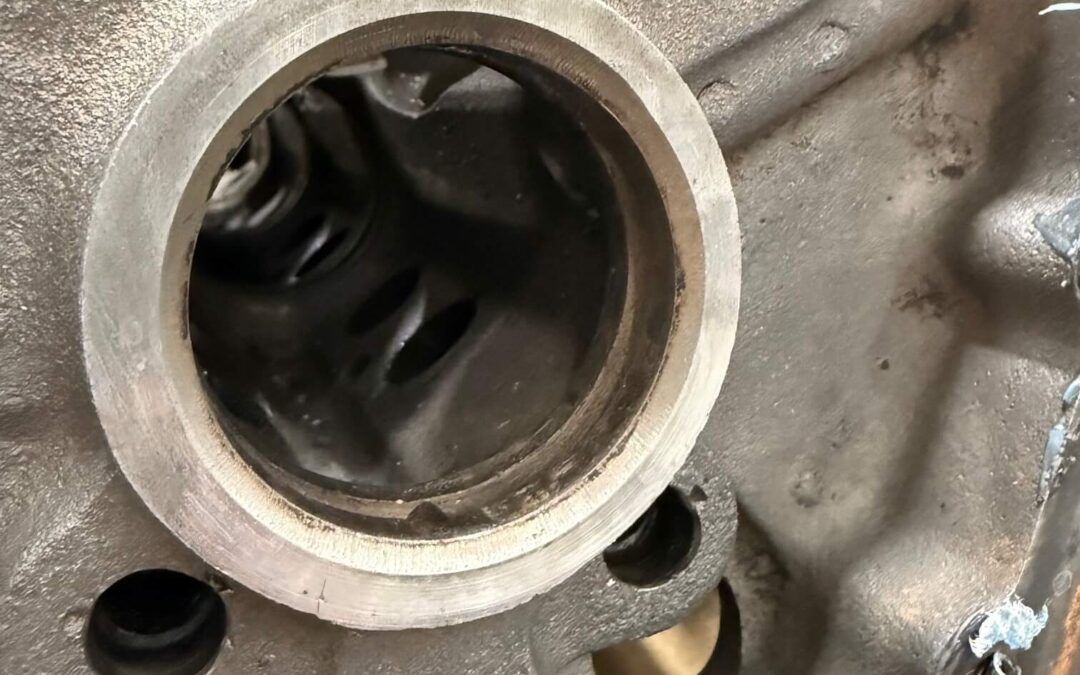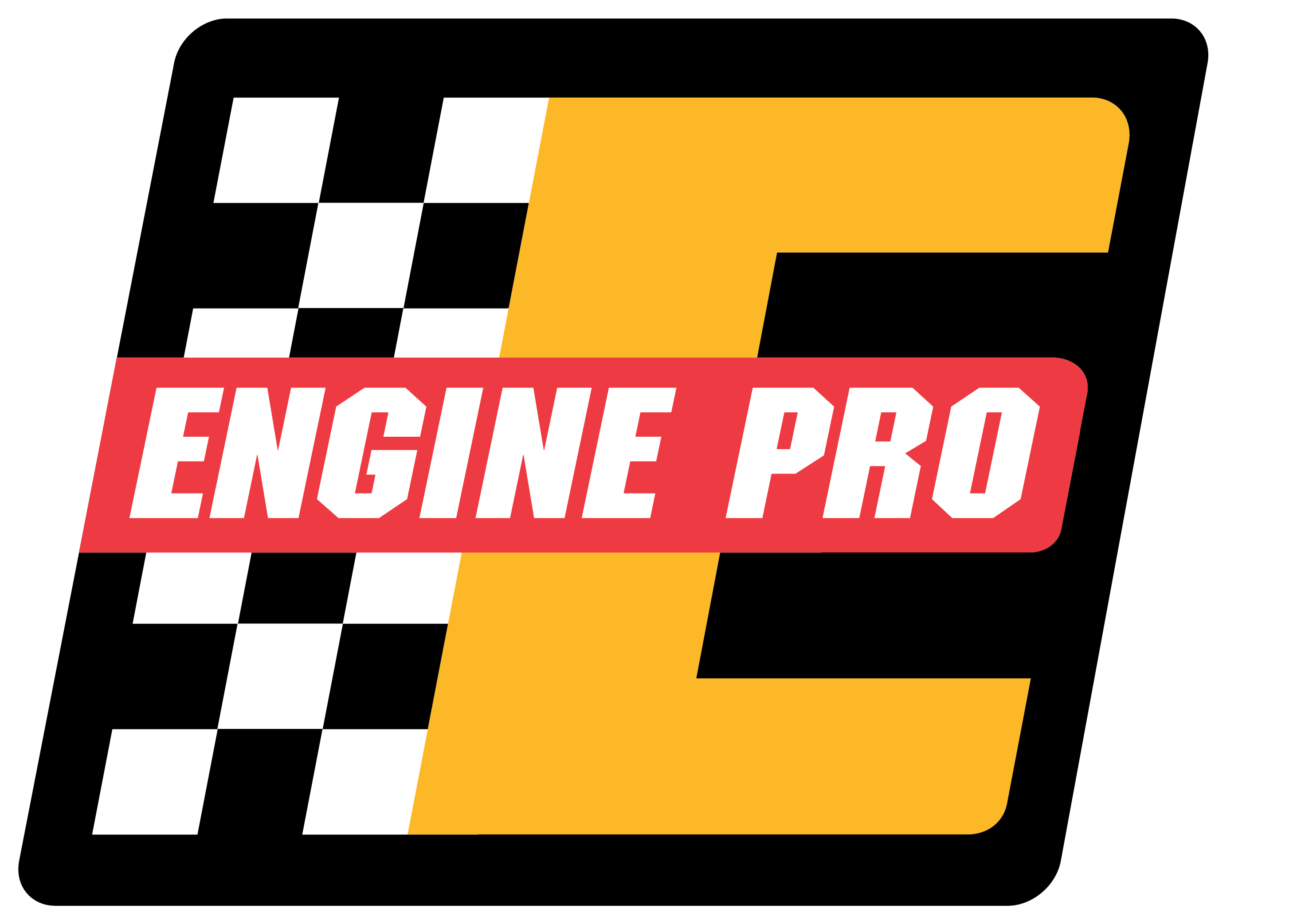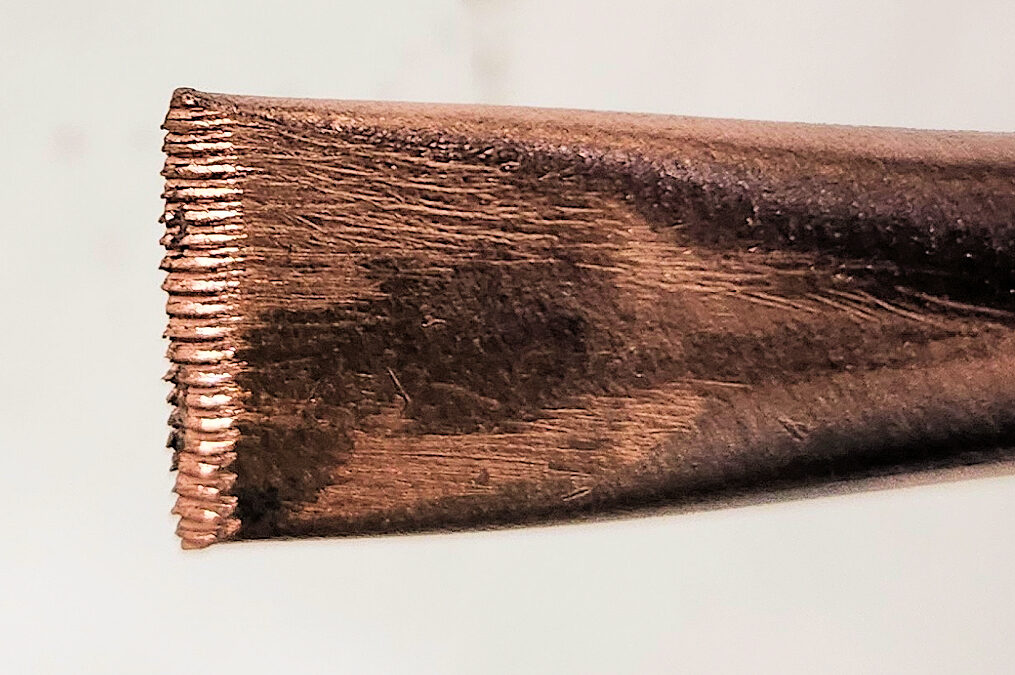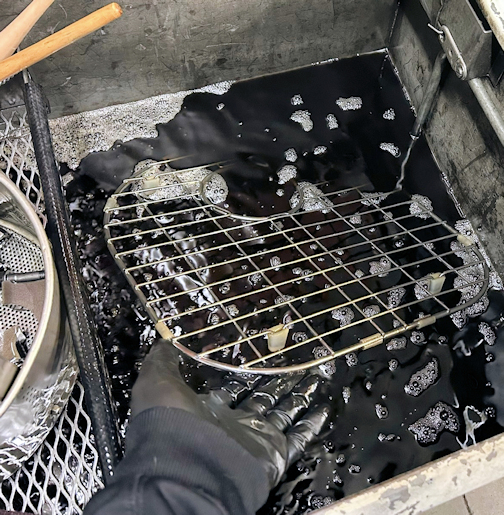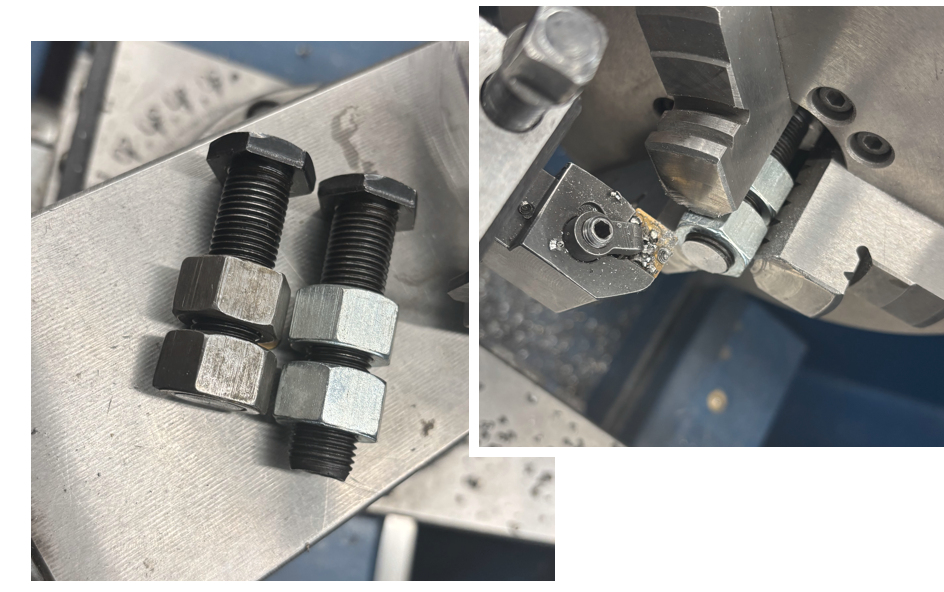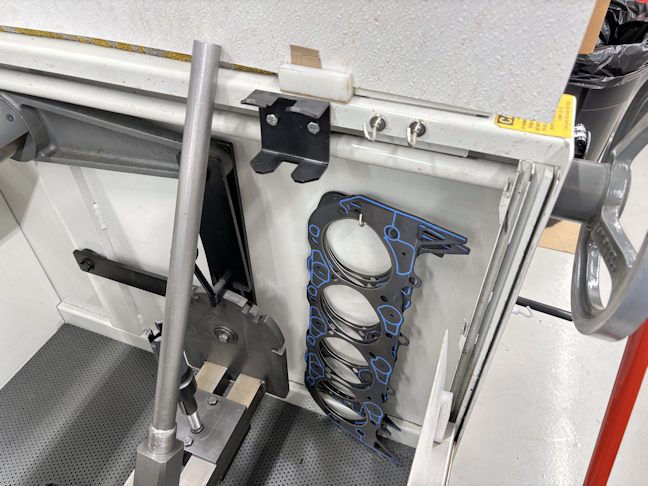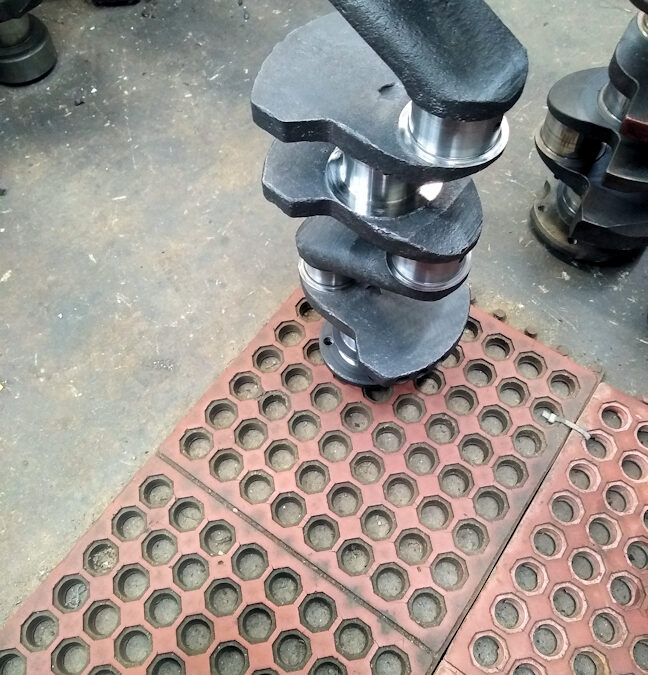After assembling over 5,000 engines, I have seen just about every conceivable problem that can arise during engine assembly. One particular area of concern was the cam bearing housing bore size in all engines, particularly Ford small block and big block engines,...
